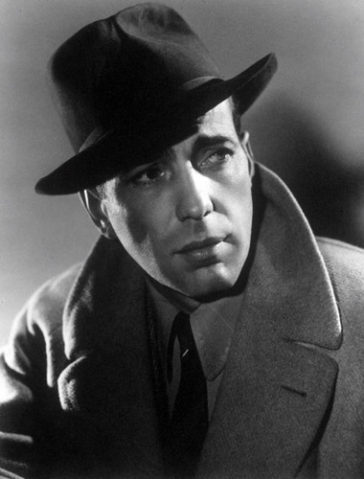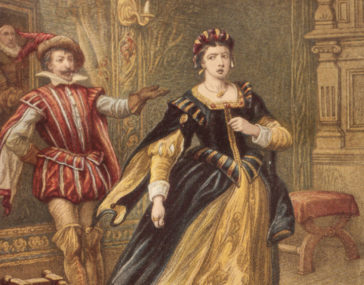The Outsider Protagonist
Are you a mystery writer? If so, do you write “Hard Boiled” or “Cozy?” Since I write in the genre, it’s important for me to know where my stories fit on the mystery spectrum. Yet these days that gradient is crowded and murky. It’s confusing, but I think my protagonist is the key to the answer. In what was arguably mystery’s golden age when Dashiell Hammett, Raymond Chandler, Mickey Spillane and Ross Macdonald were making their marks, a clear partition … Read More »






